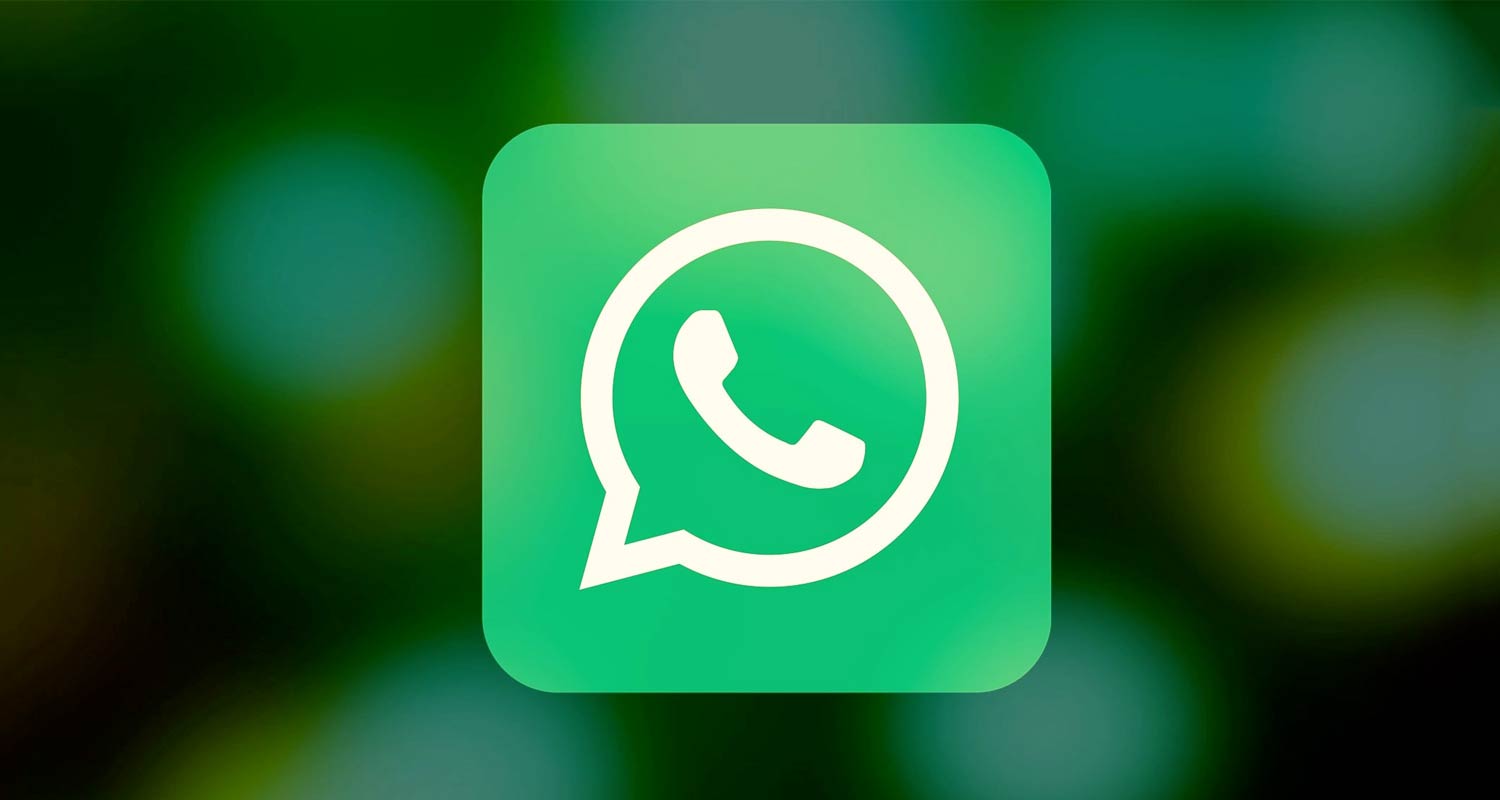 Apple has removed Meta Platforms’ WhatsApp and Threads from its App Store in China after being ordered to do so by the Chinese government, which cited national security concerns.
Apple has removed Meta Platforms’ WhatsApp and Threads from its App Store in China after being ordered to do so by the Chinese government, which cited national security concerns.
Other Meta apps including Facebook, Instagram and Messenger remained available on Friday morning. Many other popular apps developed by Western companies including YouTube and X were also available for download.
It was not immediately clear how WhatsApp or Threads might have caused security concerns for Chinese authorities.
“The Cyberspace Administration of China ordered the removal of these apps from the China storefront based on their national security concerns,” Apple said in an e-mailed statement. “We are obligated to follow the laws in the countries where we operate, even when we disagree.”
Meta declined to comment and referred queries to Apple. The Cyberspace Administration of China did not immediately respond to a request for comment.
The iPhone maker said WhatsApp and Threads remain available for download on its other storefronts. Tech-savvy Chinese consumers are able to download the apps from Apple’s App Stores in other countries if they have an iCloud account there.
Some experts on China’s tech industry said the government order on WhatsApp and Threads could be related to a new rule last August that requires all apps available in China to register with the government or risk being removed.
Censorship
The deadline for companies to complete registrations was the end of March and the regulations came into effect on 1 April.
Apple has removed apps from its China app store before. In 2017, it removed the New York Times news app saying it violated local regulations — a move that came amid rising news censorship in the world’s second-largest economy. It remains unavailable on Apple’s China App Store.
Read: US politicians tighten the noose around TikTok
Last year, Apple pulled a number of ChatGPT-like apps when Beijing was working on local regulations on generative artificial intelligence services. — Josh Ye, Mrinmay Dey and Nilutpal Timsina, (c) 2024 Reuters




